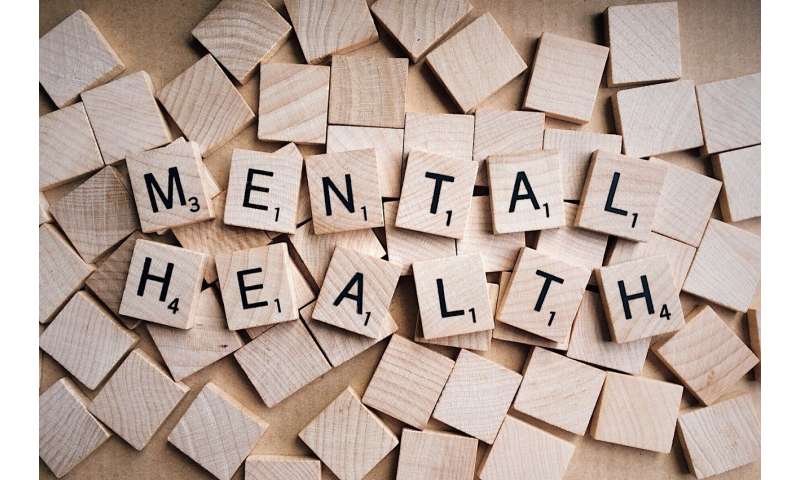
In 2017, the UN Special Rapporteur Dr. Dainius Pūras noted that mental healthcare services around the world were in a crisis and rightly called for a ‘revolution’ in mental healthcare. He identified problems of power asymmetries, an over-reliance on psychotropic drugs, and a system that revolves around profits for experts and the pharmaceutical industry. These issues have culminated in a coercive and largely biomedical approach to mental health.
Chief Ombudsman Peter Boshier’s report on the breaching of human rights in mental health facilities highlights the serious failings of this approach. Of particular concern is the use of exclusion zones for accommodating residents.
Similar issues were also highlighted in “He Ara Oranga: Report of the Government Inquiry into Mental Health and Addiction” in 2018, which reiterated that the system is under pressure and unsustainable in its current form. This earlier report found the system was also less equitable for Māori, who were more likely to experience compulsory treatment and seclusion, and that the current system reinforced trauma because Māori felt culturally alienated. After nearly four decades of deinstitutionalisation, human rights violations continue in our mental health system.
The issue here is that while Aotearoa New Zealand deinstitutionalised mental health, it failed to decolonise it. To begin the decolonisation process an acknowledgement of historical trauma in the mental health system needs to be incorporated. Unless this trauma is recognised, new approaches that are holistic, rights-based and kaupapa Māori-centred cannot be developed.
Indigenous forms of mental health care also need to be mainstreamed rather than presented as alternative approaches. During colonial times, indigenous knowledge and treatment approaches across Britain’s colonies were labelled as superstitious and local practitioners were accused of quackery.
The establishment of asylums in the 19th century led to the marginalisation of local practitioners like the tohunga,and also to the spread of a narrative that indigenous approaches were superstitious. Tohunga were referred to as ‘quacks’ and accused of ‘degenerating into tricky humbugs’. Doctors even urged the government to put an end to the tohunga. This disruption of indigenous mental health care is another form of historical trauma that eventually led to the sidelining of traditional approaches.
A purely biomedical psychiatric approach excludes social and cultural narratives that are crucial in the healing process, and interdisciplinary voices are essential to further the process of decolonisation.
The example of recent stories about Māori finally experiencing healing through using mātauranga Māori services after years in the mental health system highlight the importance of these other voices, and should influence our research into new approaches to mental healthcare.
Source: Read Full Article


